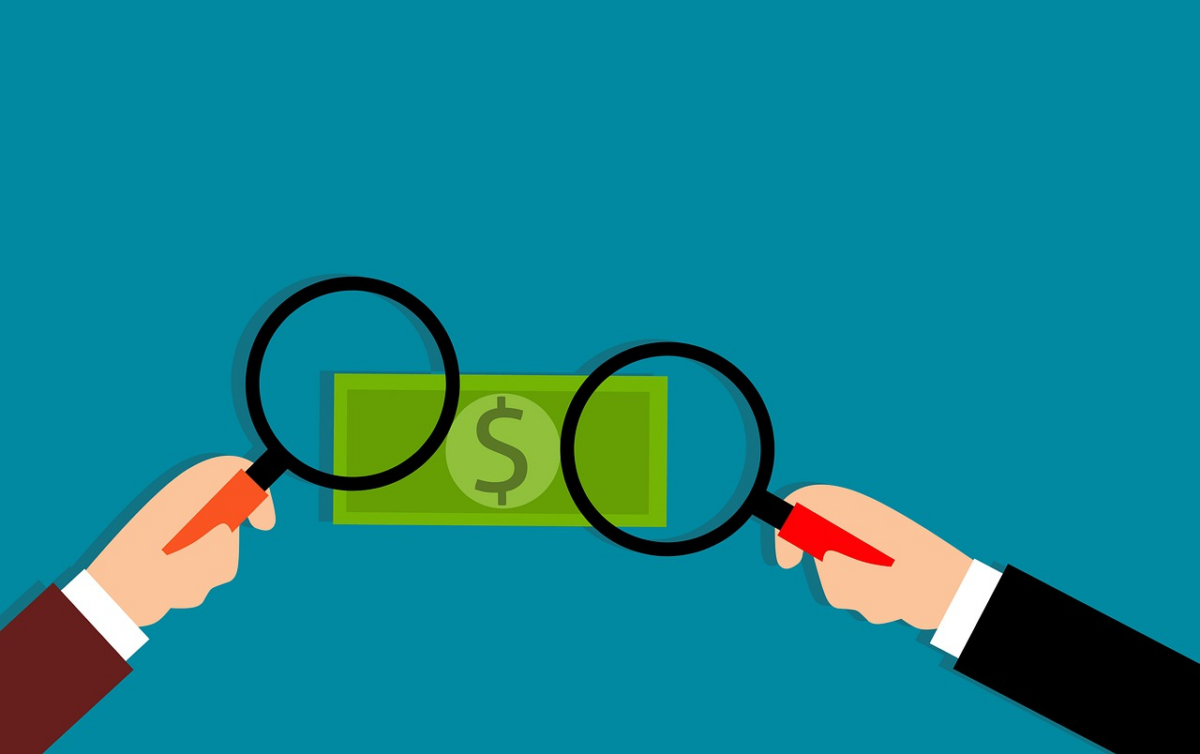Bankruptcy is a legal process overseen by federal bankruptcy courts. Filing for bankruptcy can help individuals eliminate a portion or all of their debt and help them repay some of what they owe.
Macco Law knows that struggling with bankruptcy is difficult, which is why they recommend hiring a professional to help you with the process.
Although filing for bankruptcy can help to eliminate the debt you owe, there are things that you may lose due to the bankruptcy.
First, let’s explain the two types of bankruptcy since you have options.
And, no matter which kind of bankruptcy you choose, it can help eliminate credit card debt, halt foreclosure or repossession, stop wage garnishment, and debt collections.
Post Contents
The Two Types of Bankruptcy
The first type of bankruptcy you can file is Chapter 7 bankruptcy. With this type of bankruptcy, a federal court trustee will help sell your items that are not exempt from bankruptcy.
The items can include cars, furniture, and tools. The money you make from selling your items will go toward relieving your debt.
You cannot use Chapter 7 bankruptcy for child support, alimony, taxes, or student loans.
The second type of bankruptcy is Chapter 13 bankruptcy. Chapter 13 bankruptcy lets you keep your property if you agree to partially or entirely pay off your debt.
A lawyer and a judge will help make a payment plan towards the debt.
When filing for this type of bankruptcy, you can negotiate with the courts to lower the amount of debt you owe and only have to pay for some, not all, of the debt.
Now that you know your options when filing for bankruptcy, you probably want to know what you will lose when you file for bankruptcy.
Losses When Filing for Bankruptcy
Many people think filing for bankruptcy means that they will lose everything. However, that is not the case. You might lose some things, but it is not as bad as you might think.
Credit
When filing for bankruptcy, your credit can take a temporary hit. But, once the bankruptcy discharge is granted, your score will likely go back to normal, or you may gain a higher score due to less debt on your credit.
Therefore, if you have any essential purchases you want to make before filing for bankruptcy, it is best to do so before you file.
Credit Cards and Loans
A bankruptcy on your credit may affect your ability to apply for some credit cards or loans.
Because of this information on your credit, lenders may try to give you a higher interest rate if you apply for a credit card or loan and, in some cases, deny you altogether.
Of course, once the bankruptcy cycles through your credit, then you should not have any problems.
Mortgage
Obtaining a mortgage may be difficult with a bankruptcy on your credit; when mortgage holders and lenders see your credit, they may give you a higher interest rate, higher fees, a higher down payment, or higher closing costs.
A higher amount of everything can be discouraging, especially when trying to get out of debt.
It may be wise to reaffirm your current mortgage; that way, costs won’t get higher, and you get to stay in your existing home.
Future Employment
Some jobs, especially government or financial institutions, may check your credit information when you apply for a position.
If bankruptcy is on your record, it may make it harder to get those jobs.
Property
Depending on what type of bankruptcy you file, it may be possible to lose a particular property.
This possibility is especially likely if you file for Chapter 7 bankruptcy since some items are considered non-exempt from selling, and some things are exempt.
The best way to ensure that the property you do not want to be sold stays in your possession is to talk to a professional lawyer about your options.
Going through bankruptcy does not have to be a depressing process and ultimately can help provide relief, especially when you have the help of an experienced and skilled attorney to help you.
We all want to do what it takes to protect ourselves and our families, so it may be in your best interest to file for bankruptcy.






























